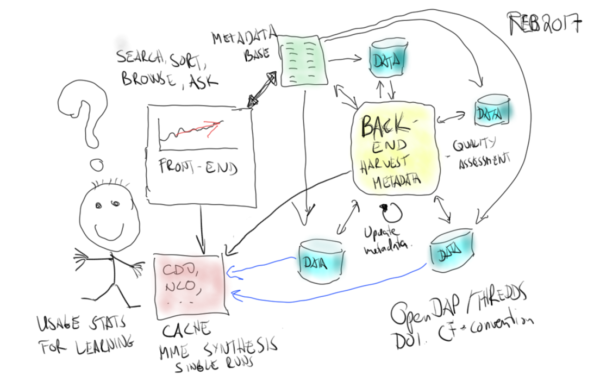What do you need to know about climate in order to be in the best position to adapt to future change? This question was discussed in a European workshop on Copernicus climate services during a heatwave in Barcelona, Spain (June 12-14).
Archives for June 2017
Why global emissions must peak by 2020
(by Stefan Rahmstorf and Anders Levermann)
In the landmark Paris Climate Agreement, the world’s nations have committed to “holding the increase in the global average temperature to well below 2 °C above pre-industrial levels and to pursue efforts to limit the temperature increase to 1.5 °C above pre-industrial levels”. This goal is deemed necessary to avoid incalculable risks to humanity, and it is feasible – but realistically only if global emissions peak by the year 2020 at the latest.
Let us first address the importance of remaining well below 2°C of global warming, and as close to 1.5°C as possible. The World Meteorological Organization climate report[i] for the past year has highlighted that global temperature and sea levels keep rising, reaching record highs once again in 2016. Global sea ice cover reached a record low, and mountain glaciers and the huge ice sheets in Greenland and Antarctica are on a trajectory of accelerating mass loss. More and more people are suffering from increasing and often unprecedented extreme weather events[ii], both in terms of casualties and financial losses. This is the situation after about 1°C global warming since the late 19th Century. [Read more…] about Why global emissions must peak by 2020
